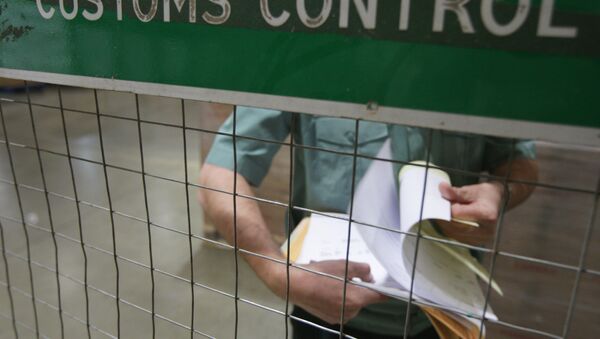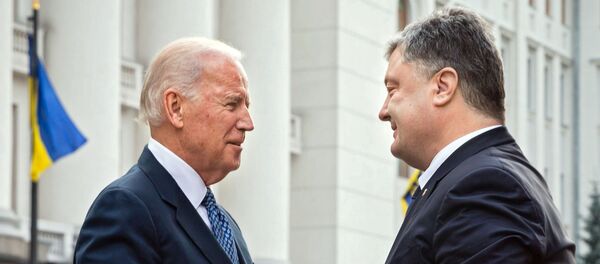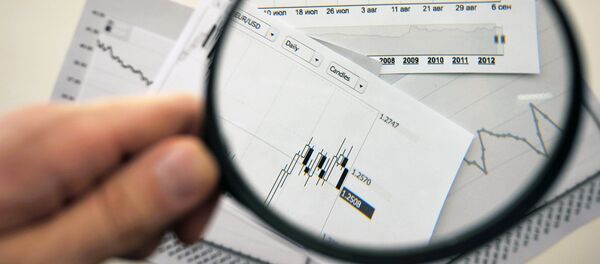MOSCOW (Sputnik) – The food embargo to be imposed by Moscow on Ukraine on January 1, 2016, will have little effect on Russia’s inflation rate, Russian Deputy Economic Development Minister Alexei Likhachev said Wednesday.
On December 21, Russian Prime Minister Dmitry Medvedev signed a directive to impose economic measures against Ukraine beginning January 1, 2016, in response to Kiev’s implementation of anti-Russia sanctions.
“There is a very small flow of goods from the agricultural sphere coming from Ukraine and holds a very small figure in the volume of our market…therefore, inflationary repercussions from the embargo on Ukrainian agricultural production, in our opinion, will be minimal,” Likhachev said during an interview on Russia’s Rossiya-24 television channel.
Earlier in December, Russia, the European Union and Ukraine failed to reach an agreement on the EU-Ukraine free trade deal, which is expected to come into effect on January 1. The deal is a part of the bilateral cooperation under the Ukraine–EU Association Agreement ratified last year, which the Russian government sees as a source of certain economic risks for Moscow.
Earlier in the day, Russian Finance Minister Anton Siluanov said that Russia’s inflation in 2016 would slow to 6-7 percent from the approximate 13 percent seen in 2015.




